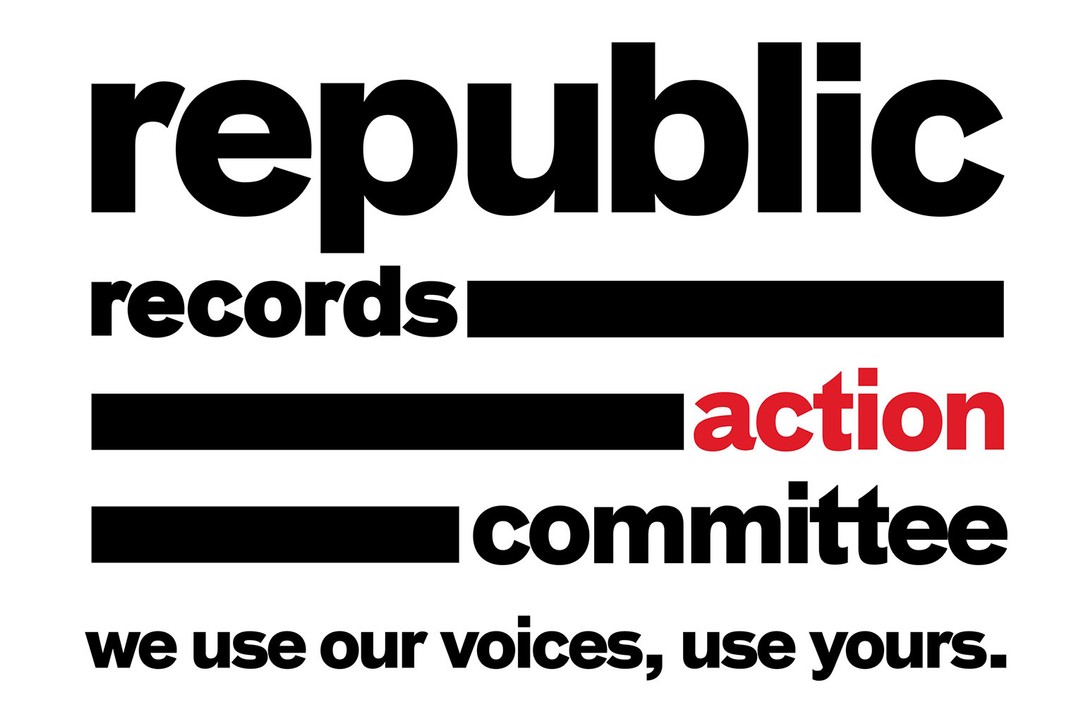Republic Records is banning the term “urban” from its company language, doing away with the term for hip-hop and R&B, which many consider an antiquated generalization that marginalizes and confines music by black artists.
The label, which is home to artists like Ariana Grande, The Weeknd, and Drake said on Instagram today that it will remove the word from department names, employee titles and music genres. The companies press release also made it clear that this will not lead to any structural changes at a corporate level.
“We encourage the rest of the music industry to follow suit as it is important to shape the future of what we want it to look like, and not adhere to the outdated structures of the past,” the Instagram post reads.
The term dates back to the mid-1970s, when black New York radio DJ Frankie Crocker coined the phrase “urban contemporary,” which was later shortened to “urban.” While the term was not intended to carry any negative connotations at the time, many argue that it has evolved to symbolize the music industry’s history of lumping music by Black artists into one category, therefore marginalizing black musicians, and stigmatizing their sound.
However, what many are not aware of is that music by African American artists has had a history of marginalization and, in essence, segregation from the rest of the industry. Far before the term “urban contemporary” was enforced, “race records,” was common verbiage. “Race Records” primarily contained Black music, comprising various African-American musical genres, including blues, jazz, and gospel music, and even comedy. These records were, at the time, the majority of commercial recordings of African-American artists in the US. Few African-American artists were marketed to white audiences, therefore marginalizing the market as a whole.
Republic’s power move came amid calls for the music industry to direct resources toward promoting racial equality, as protests erupt around the country over the recent police killing of George Floyd in Minnesota. Earlier this week, Republic launched the new Republic Records Action Committee (R2AC), which will focus on social justice issues. The task force is working closely with parent company Universal Music Group’s own new task force, which includes members of the Republic team, and will donate $25 million to social justice organizations.
Last week, a plethora of companies within the music industry and beyond participated in “Black Out Tuesday,” an initiative created by two black music executives to recognize racial injustice and start a conversation about the marginalization of black creators in the entertainment space.
Many artists have also called on music companies to take action beyond social media.
According to Billboard, as of June 8, many have done so, including Universal Music Group, Sony Music Group and Warner Music Group.






